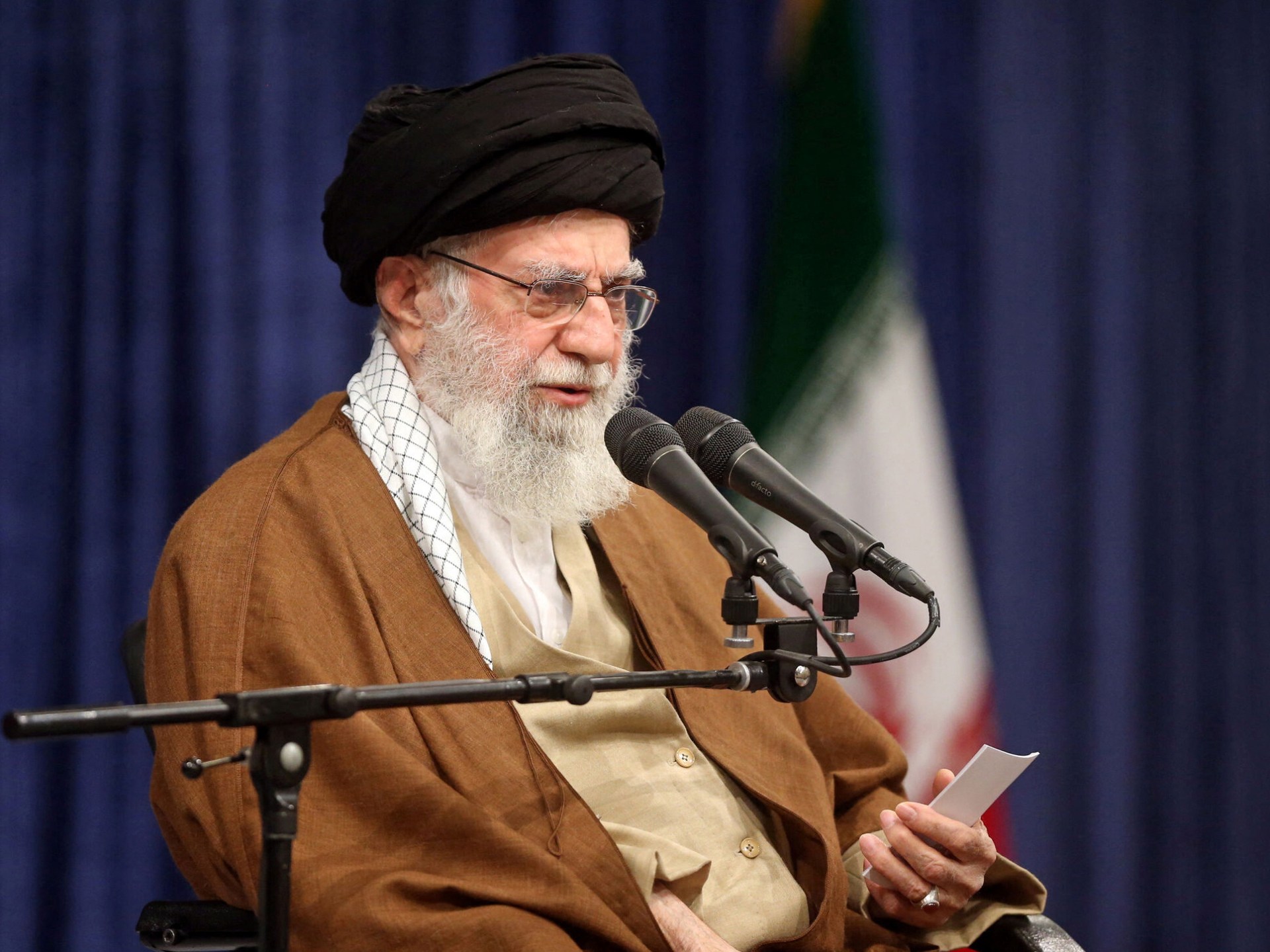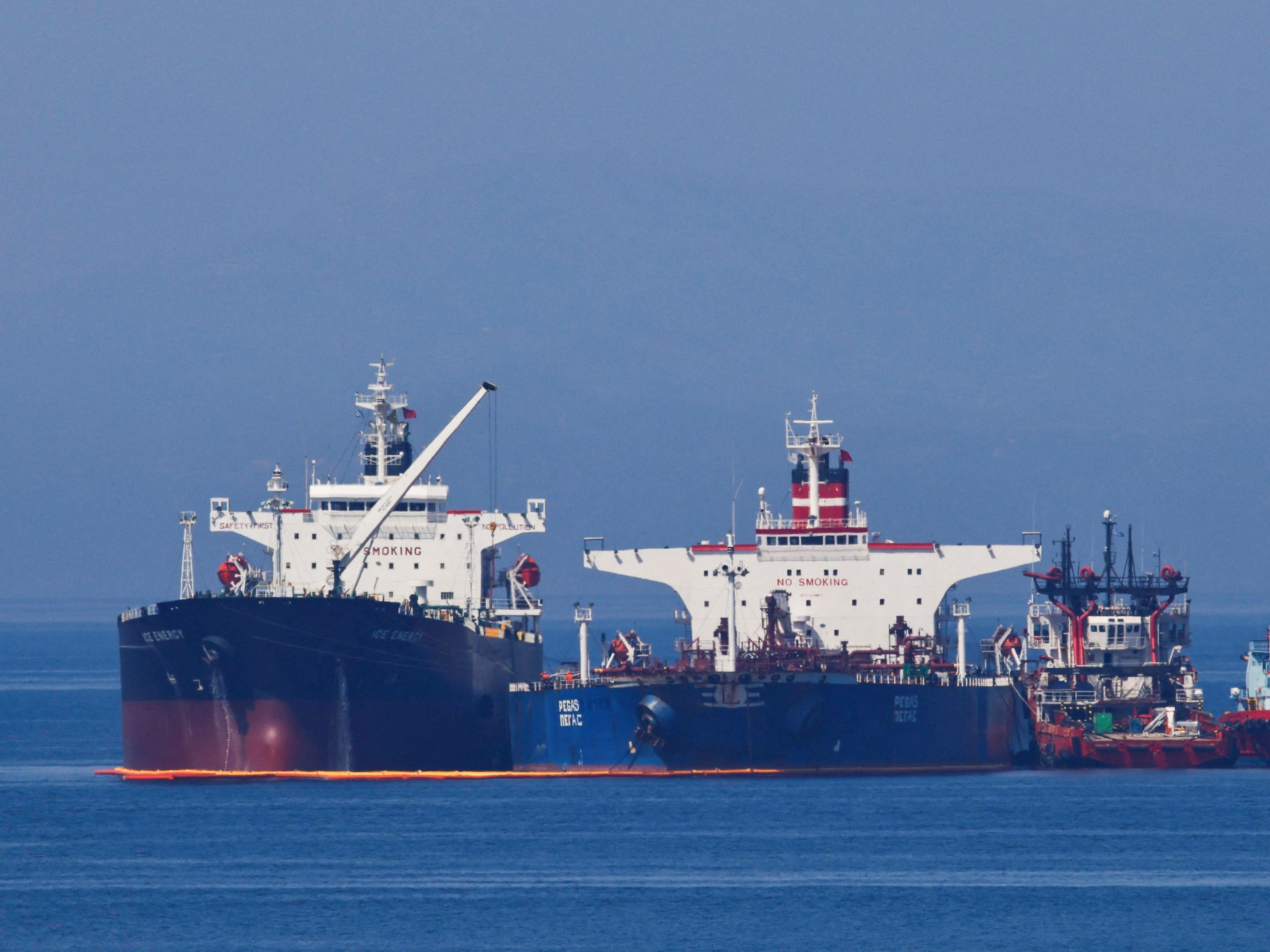

The United States has piled on additional sanctions against Iran targeting 35 entities and vessels that it says are part of a “shadow fleet of vessels” transporting cargoes of Iranian petroleum to foreign markets.
The sanctions are similar to those previously imposed two months ago in response to Iran’s October 1 missile attack on military sites in Israel and to its announced nuclear escalations, the US Department of the Treasury said on Tuesday in a statement.
“Iran continues to funnel revenues from its petroleum trade toward the development of its nuclear program, proliferation of its ballistic missile and unmanned aerial vehicle technology, and sponsorship of its regional terrorist proxies, risking further destabilizing the region,” Acting Undersecretary for Terrorism and Financial Intelligence Bradley Smith said in a statement.
“The United States remains committed to disrupting the shadow fleet of vessels and operators that facilitate these illicit activities, using the full range of our tools and authorities,” Smith added.
Advertisement
Iranian oil and petrochemicals are already under heavy US sanctions.
The Treasury Department’s statement said Iran relied on “a sprawling network of tankers and ship management firms in multiple jurisdictions to transport its petroleum to overseas customers.”
This includes “tactics such as false documentation, manipulation of vessel tracking systems, and constant changes to the names and flags of vessels.”
The latest sanctions will freeze the entities’ assets in the US and generally make it illegal for Americans to engage in financial transactions with them.
Tehran fired a barrage of missiles at Israel on October 1 in retaliation for the killing of Hamas chief Ismail Haniyeh in Tehran and the assassinations of Hezbollah leader Hassan Nasrallah and an Iranian general in Beirut.
Iran’s envoy to the United Nations, Amir Saeid Iravani, said after the killing of Haniyeh that his country “stands fully prepared to defend its sovereignty and territorial integrity against any aggression targeting its vital interests and security”.
Iran has warned that if an “energy war” were to start, the world would lose about 12 million barrels of oil daily – about 10 percent of global production.
Related News
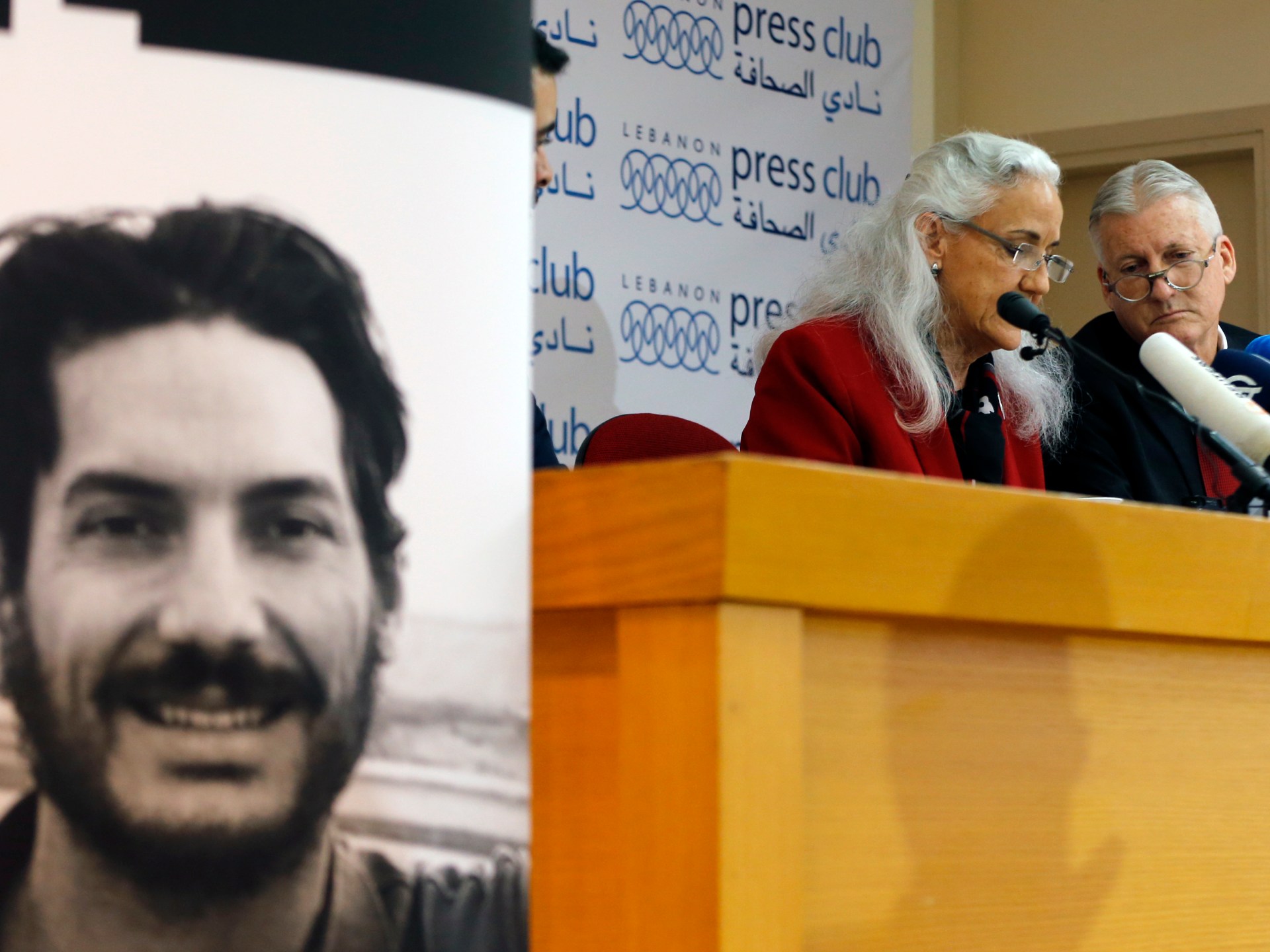
‘Top priority’: US renews push to find Austin Tice after al-Assad toppled
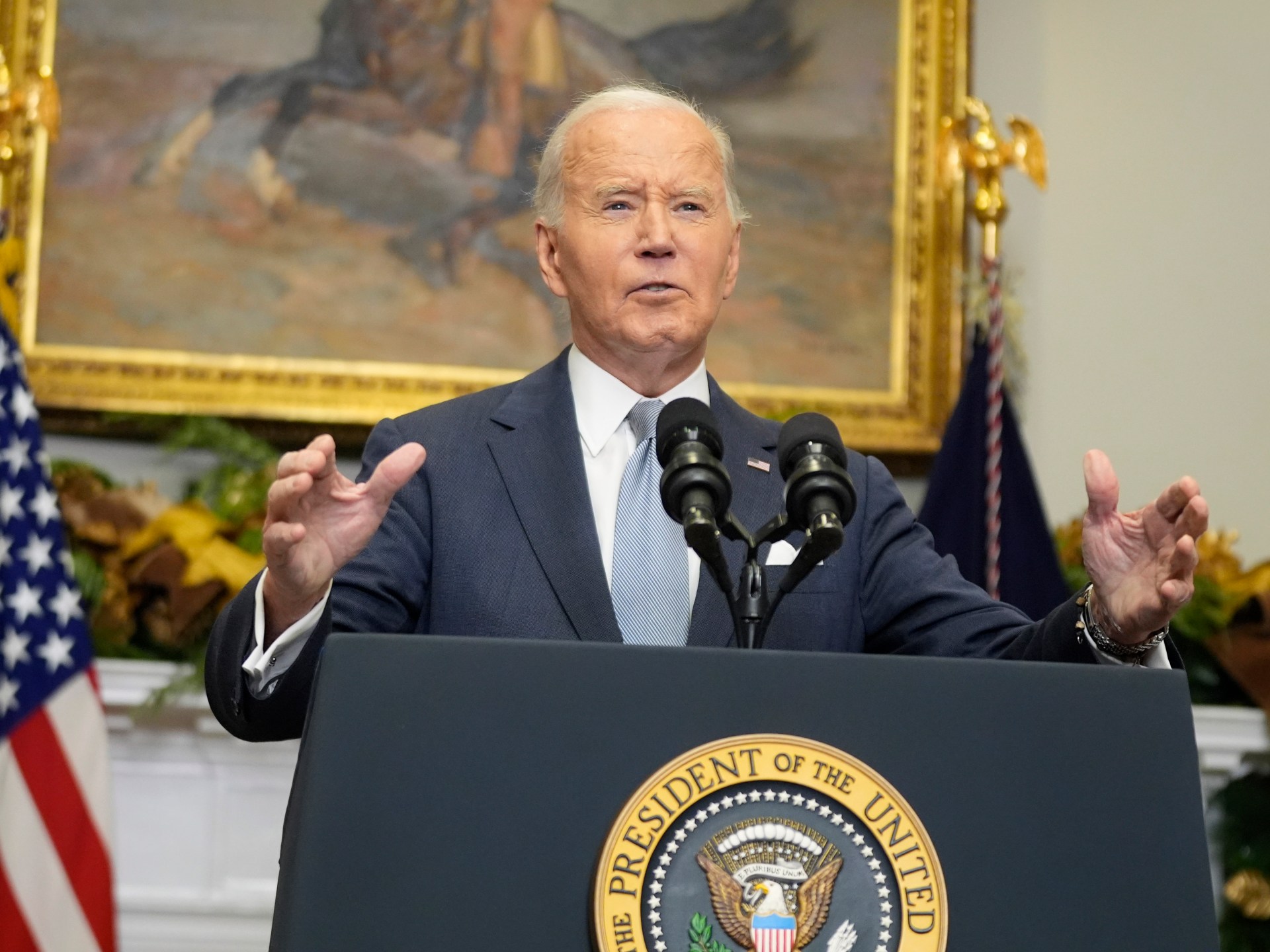
US caught by surprise as Syria overthrows al-Assad: Analysis
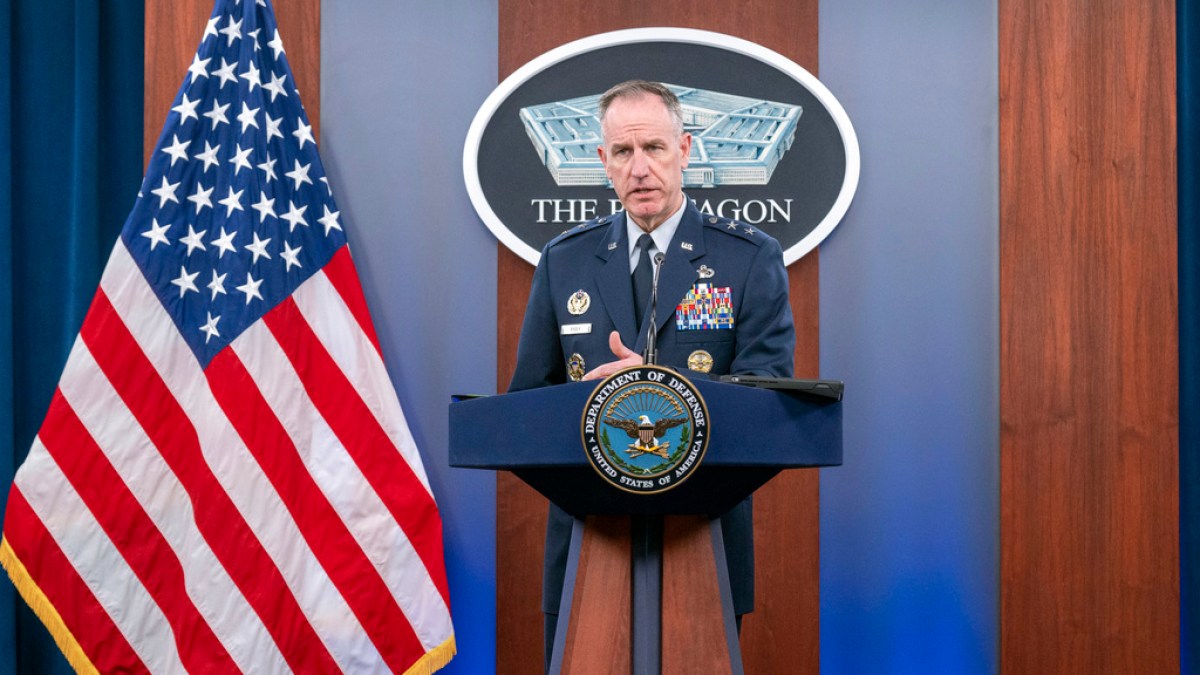
US says it carried out strike against ‘imminent threat’ in Syria
